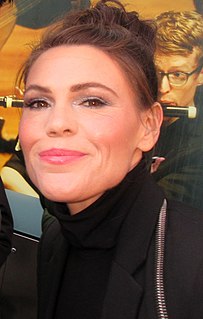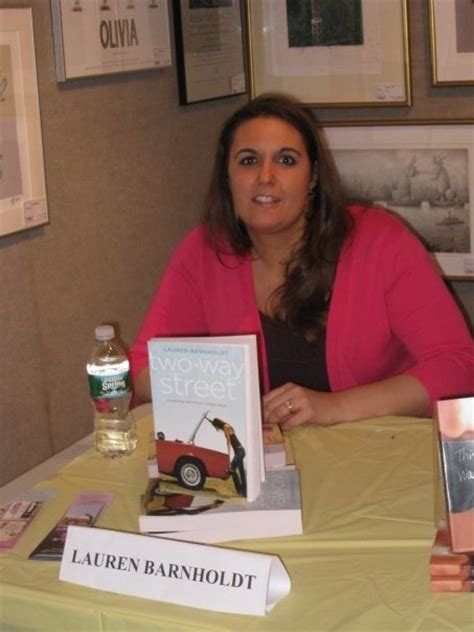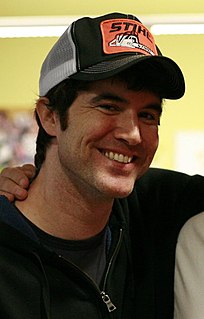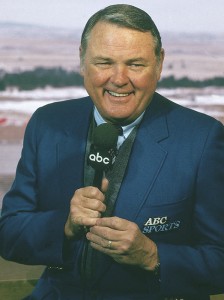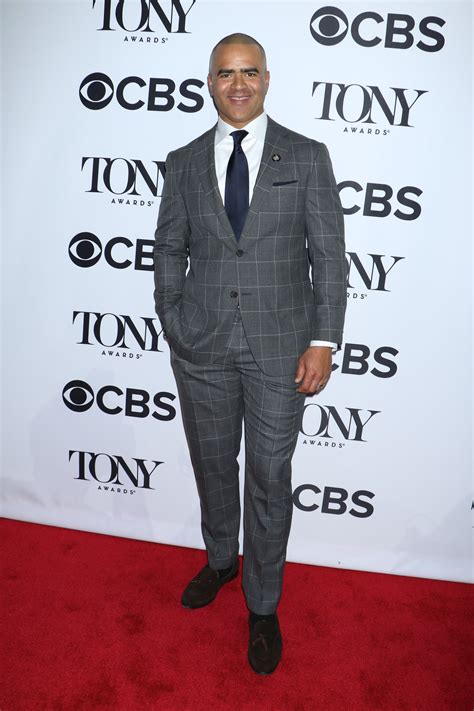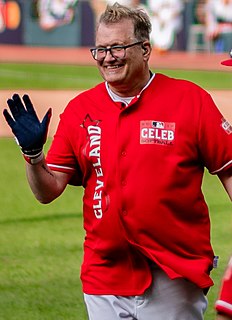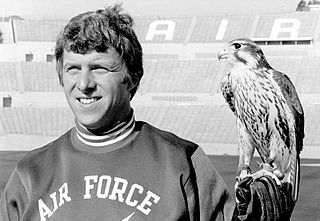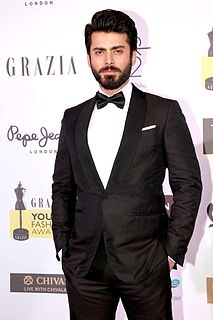A Quote by Clea Duvall
Related Quotes
I don't yell back at my mother. When I'm angry or scared or upset, I don't yell. I stay quiet. I've seen how she is, how she would get with Kent and with me and with other people, life if someone at the pharmacy got in the wrong line or asked too long a question, or if someone on the bus accidentally bumped her. I've watched her my whole life, the way people react to her. It doesn't actually help you get what you want, yelling and being like that. It only makes people think bad of you.
In a river mist, if another boat knocks against yours, you might yell at the other fellow to stay clear. But if you notice then, that it's an empty boat, adrift with nobody aboard, you stop yelling. When you discover that all the others are drifting boats, there's no one to yell at. And when you find out you are an empty boat, there's no one to yell.
Of all human activities, writing is the one for which it is easiest to find excuses not to begin – the desk’s too big, the desk’s too small, there’s too much noise, there’s too much quiet, it’s too hot, too cold, too early, too late. I had learned over the years to ignore them all, and simply to start.
There was a stage when Balanchine and I didn't talk. I was trying to develop my classical technique as opposed to the fast-track technique that he was pushing. We were very quiet with each other. But after two years he saw what I was doing and sent messages through other people that, yes, this is good.
